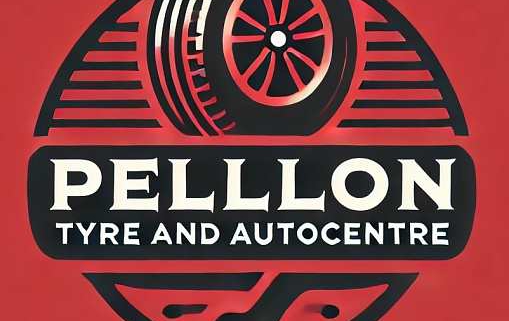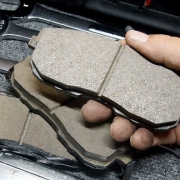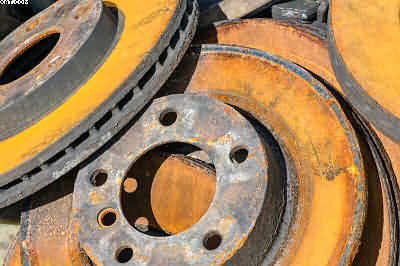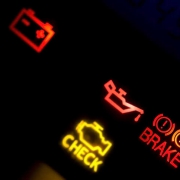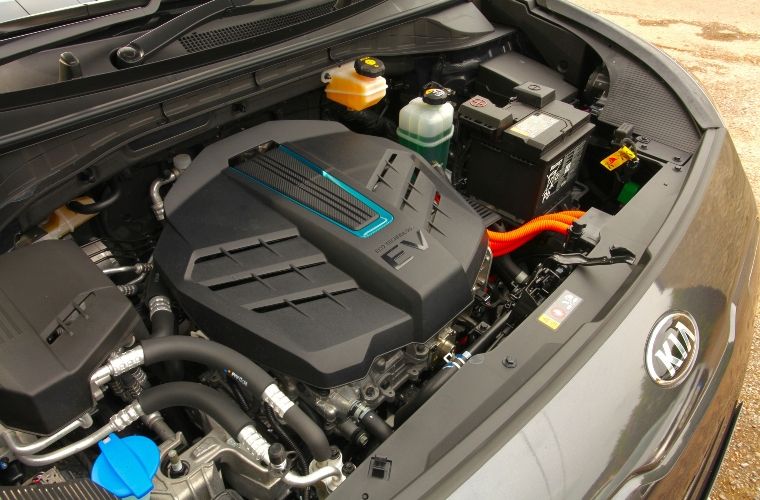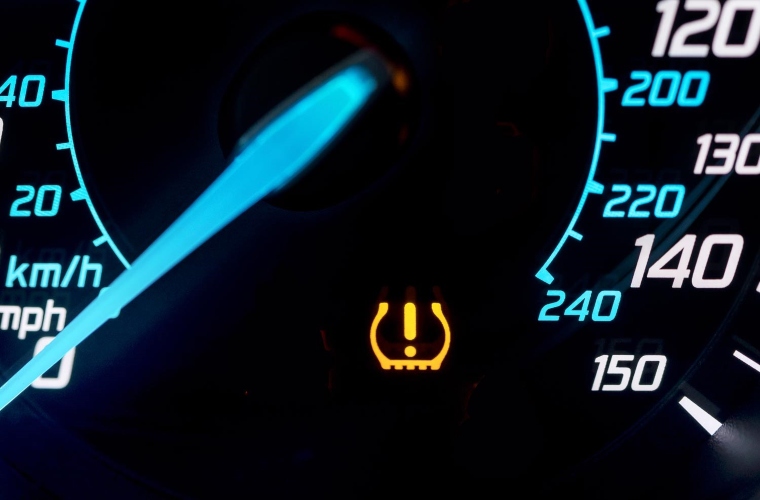Car Brakes-Friction Zone
Table of Contents
Car Brakes-Friction Zone
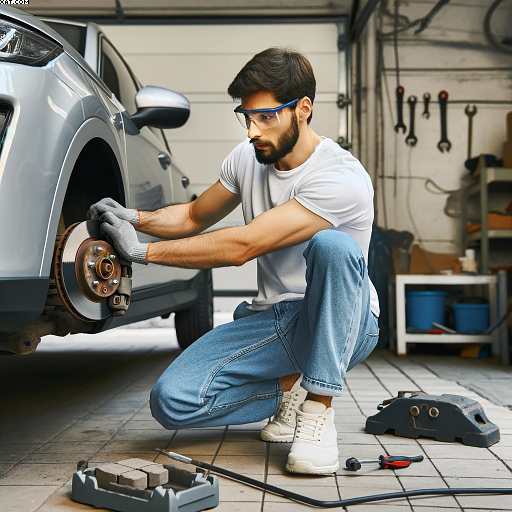
Car Brakes-Friction Zone
Brake Problems Never Come at a Good Time
You’d be surprised how often it happens. A customer rolls up to our garage, leaves the keys on the counter, and says, “It’s making a terrible noise from the front end, Eric – can you have a listen?”
Sure enough, a loud bang, grind, or rattle is usually the first sign that the brakes have had it. Sometimes the pads have worn down to the metal, other times the discs are badly corroded. Either way, it’s not something you want to leave too long – especially with Halifax’s steep hills and stop-start traffic.
Why Brake Issues Peak in Spring: Car Brakes-Friction Zone
We always notice a spike in brake repairs come springtime. My theory is simple – during the winter months, drivers use their brakes far more often. Cold weather, slippery roads, and plenty of short trips mean the pads and discs take more punishment.
Then, by the time spring arrives, the wear has caught up with them. A simple job like changing a set of brake pads can turn into a bigger repair if left too long – with new discs, or worse, a seized caliper often being needed.
That’s why I always tell customers: don’t wait for the noise. Pop in for a quick free brake check. It takes us minutes, and it could save you a much bigger bill later on.
The Ageing Car Parc – Good News for Garages
Across the UK, people are keeping their vehicles longer, and Halifax is no exception. With the price of new cars still sky-high and insurance costs through the roof, it makes sense to maintain what you’ve already got.
Older cars naturally need more care, especially when it comes to friction components like brakes, clutches, and tyres. These parts wear out over time, but they can usually be replaced quite economically.
At Pellon Tyres, we’ve seen a steady increase in older cars coming in for brake pad replacements, new discs, and full brake overhauls. It’s part of the natural cycle of keeping a car roadworthy. And honestly, I think it’s a good thing – people are taking better care of their vehicles, rather than throwing them away too soon.
How to Spot When Your Brakes Need Attention: Car Brakes-Friction Zone
Here are a few tell-tale signs to look out for:
- A grinding or squealing noise when braking
- The steering wheel vibrating when you slow down
- The brake pedal feeling soft or going further down than usual
- Pulling to one side under braking
If any of these sound familiar, bring your car in for a look. We offer a free brake inspection, and you’ll get a no-obligation quote before we do any work.
A Nationwide Guarantee with Local Service
As proud members of the Independent Car Care Centres (I.C.C.C.), we offer a nationwide guarantee on all our brake work. So even if you’re travelling outside Halifax, you’ll still be covered at any I.C.C.C. member garage.
But best of all, you’ll still get that friendly, down-to-earth service we’re known for here at Pellon Autocentre. Whether it’s new pads, discs, or just a quick check, we’ll make sure your brakes are safe, quiet, and ready for the road ahead.
Keep Your Car in the Safe Zone: Car Brakes-Friction Zone
So, if you’re one of the many drivers keeping your car a few more years, remember – don’t ignore your brakes. They’re the most important safety feature on your vehicle, and they need looking after.
Next time you hear a rattle, squeak, or grinding sound, don’t panic – just swing by Pellon Tyres. We’ll soon have you out of the friction zone and back on the road safely.
- Volvo XC90 for new Michelin Tyres
- Catalytic Converter Care
- Right to Repair Law- Could Brexit Affect repair Laws?
- Astra for Brake Discs Fitting
- Michelin Pilot Alpin PA4
See on www.tirebusiness.com
